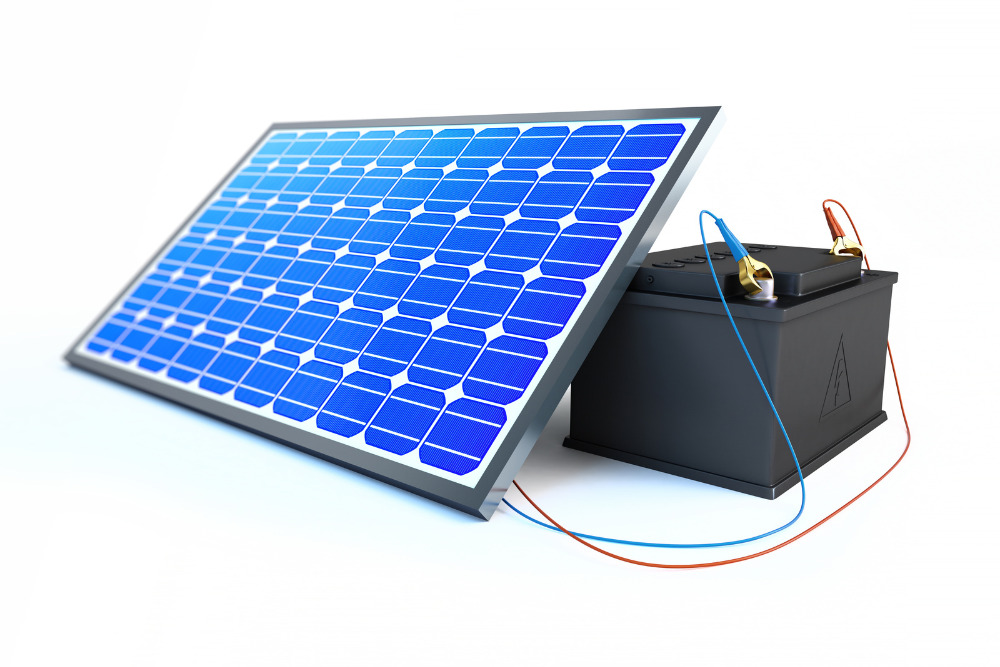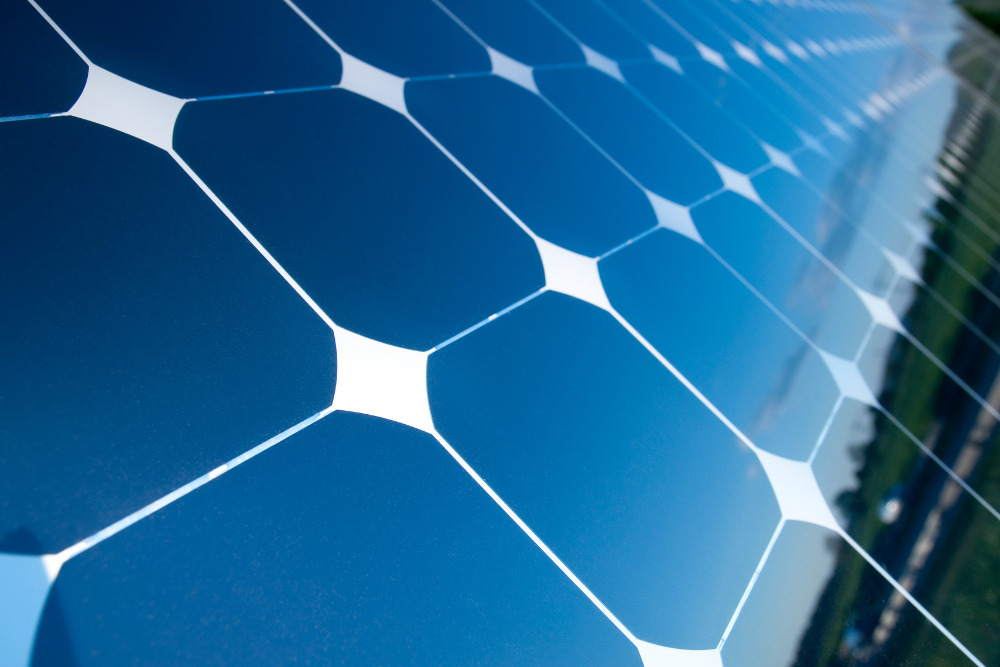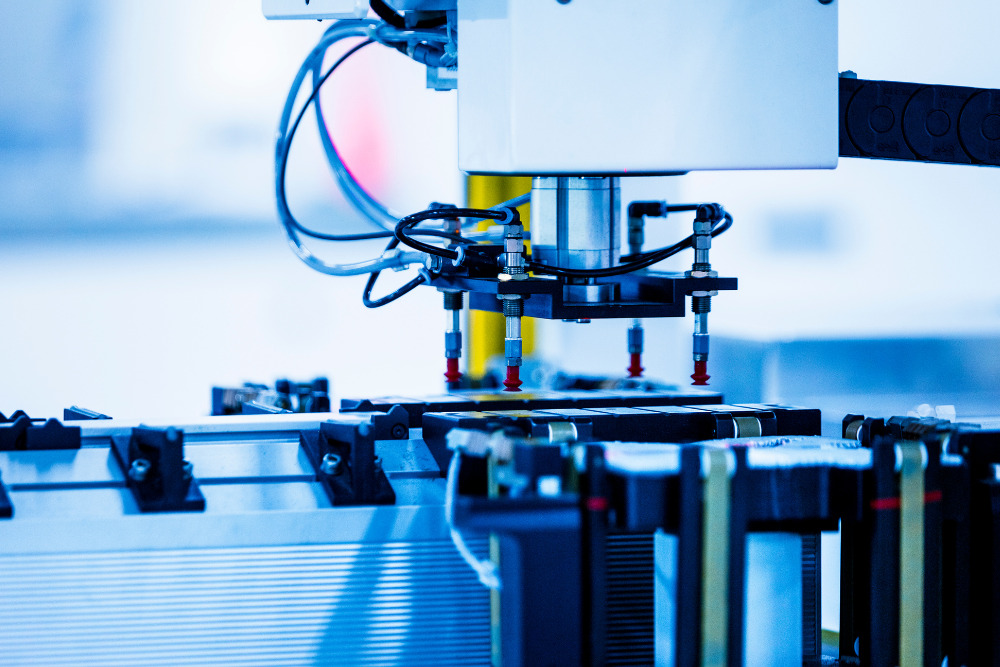
While financial benefits, such as lower electricity bills, are the primary drivers of adopting solar, more people are choosing solar power for its environmental benefits.
There are numerous environmental benefits of solar energy. Switching to clean energy from renewable resources is the best way to care for the environment while enjoying financial benefits and energy independence. As more homeowners and businesses switch to solar, it reduces reliance on finite fossil fuels, reduces greenhouse gas emissions in the fight against climate change, improves the earth’s air quality, and so much more.
#1 Free, Renewable Energy Source
Since the industrial revolution brought humans into modern times, we have relied on non-renewable energy sources, including coal, oil, natural gas, and other fossil fuels. Since the earth doesn't replenish these finite resources, they diminish as their demand increases.
However, solar energy replenishes itself and can be used over and over as long as the sun shines. There's no risk of diminishing solar power, even if the entire world population goes solar. In fact, solar energy is so powerful that the amount of solar energy hitting the earth in one hour is more than enough to power the whole world for an entire year!
#2 Reduce Reliance On Fossil Fuels
Fossil fuels are expensive to extract, and the methods used to mine them have devastating effects on the earth. When burned for electricity production and transportation, fossil fuels emit dangerous levels of carbon dioxide.
The alarming part is that humans have only been burning fossil fuels for about 150 years. Yet in that time, the trapped carbon dioxide, nitrogen oxide, and nitrous oxides in our atmosphere have caused the earth’s temperature to rise enough to cause climate change. Global warming has caused extreme heat, unusual weather patterns, severe storms, drought, warming oceans, a decline in certain plant and animal species, public health issues, and food shortages.
#3 Reduces Greenhouse Gas Emissions
A solar panel can reduce carbon dioxide emissions by more than 100 tons over its 28-year lifecycle.
Solar panel carbon footprints are significantly lower than traditional electricity production methods. Studies have estimated the carbon footprint of solar panels to be around 20 to 50 grams of CO2 equivalent per kilowatt-hour (gCO2e/kWh) over their entire lifespan.
For comparison, on average, burning coal emits approximately 2.15 pounds (0.97 kilograms) of CO2 per kilowatt-hour (kgCO2/kWh) of electricity generated.
#4 Improves Air Quality
Fewer greenhouse gas emissions and air pollutants lead to fresh air around cities and towns. Fresh air reduces respiratory-related health problems such as bronchitis and cardiovascular disease. Reduced carbon dioxide means also plants don't have to work as hard to absorb the gas from the atmosphere, allowing plants and forests to thrive.
Remember what happened to the air quality during the covid shutdowns in 2020? Scientists had a once-in-a-lifetime opportunity to research what would actually happen to our air quality if we drastically reduced our global consumption of fossil fuels, and the results were overwhelmingly positive.
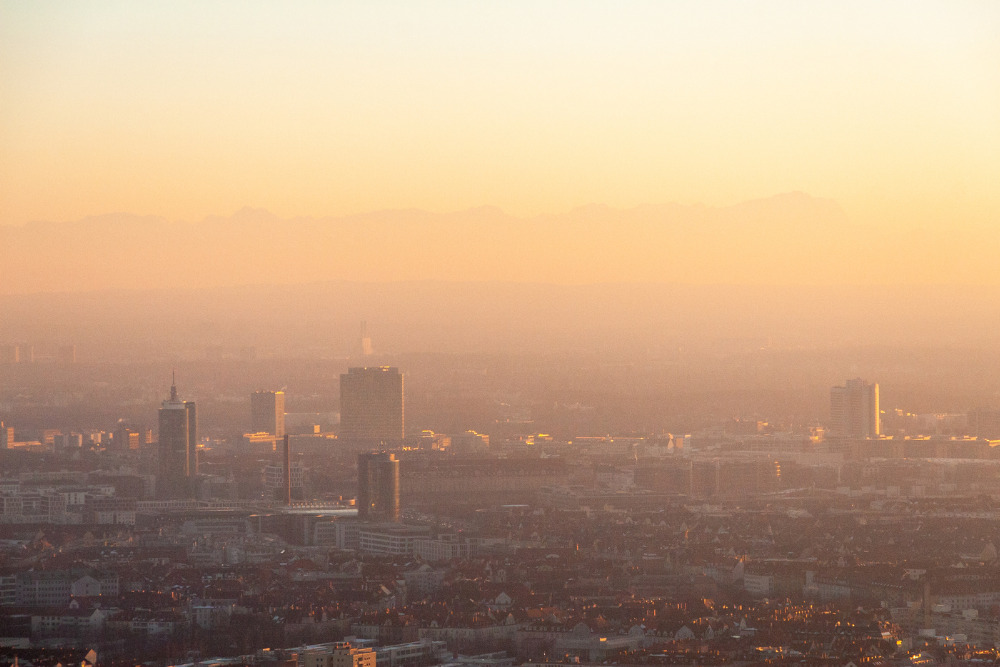
#5 Conserves Water
Water remains a vital resource, and attempts to conserve it are always being researched. Solar energy systems use no water for energy production, unlike traditional power plants.
Fossil fuel plants use machines with moving parts that require water. They also need water to cool off, which results in a lot of water wastage (and pollution).
Solar panels rely on natural cooling processes, such as evaporation. Additionally, floating photovoltaic panels, like those used in solar farms installed over large bodies of water, further conserve water by reducing evaporation. The panels also protect marine ecosystems and reduce water pollution.
#6 Uses Land Efficiently
Power plants require an enormous amount of land that pollute the area around them.
Residential solar panels are typically installed on rooftops, which requires no additional land space.
While utility-scale solar farms may stretch for miles, these solar installations have actually been shown to protect the wildlife and natural resources around them. When solar farms are installed on degraded farmland, the soil has time to regenerate during the panels’ 25-30 year lifespan, after which the panels can be removed and the land returned for agriculture.
Solar panels also provide shade and protection for wildlife and promote the return of native species to quiet, uninterrupted areas.
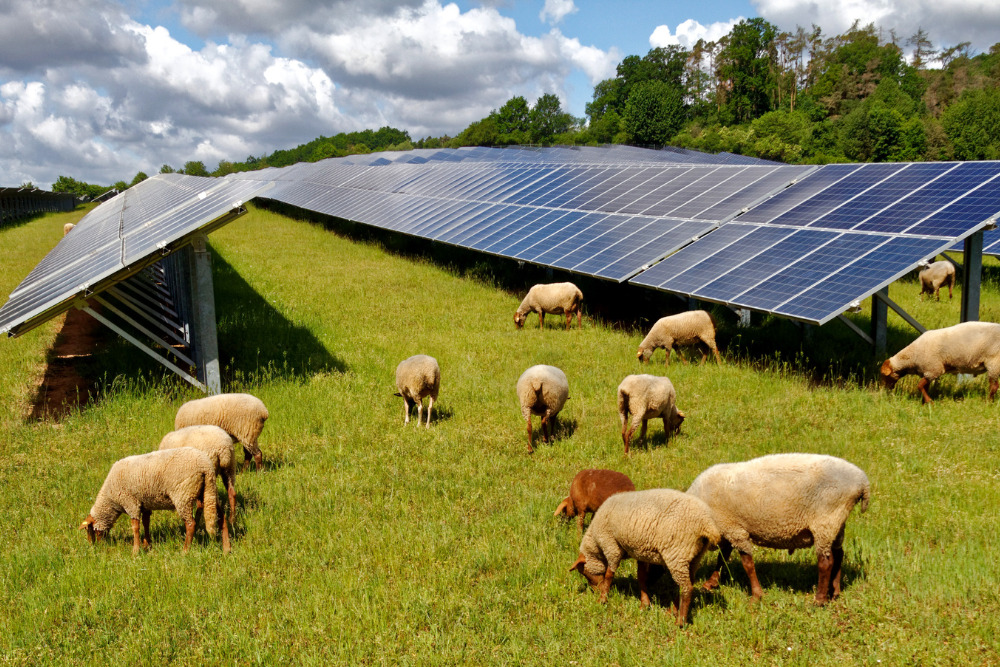
#7 Lasts 25-30 Years Or Longer
Solar panels are highly durable since they are made from high-quality materials and have no moving parts. They typically last 25-30 years or longer, and most will continue to function even longer, albeit at a lower efficiency.
Since you don't have to replace them often, it means reduced mining of raw materials like silicon, aluminum, and other components used in manufacturing the panels.
#8 Reduce, Reuse, Recycle
Solar panels are made from recyclable materials, including glass, plastic, and aluminum. Even the silicon wafers are recyclable!
Most of these materials can be repurposed for use in electronics and new solar panels, reducing waste from solar panels.
#9 Promotes Energy Independence
Solar electricity generation reduces reliance on traditional energy sources.
The United States consumes a quarter of the oil produced worldwide, and most of the oil is imported. Ferrying these oils means carbon emissions from ships, rails, and roads, further contributing to environmental damage.
Increased solar adoption promotes energy independence and less reliance on foreign fuel.
#10 Supports Grid Stability
Solar energy contributes to grid stability as excess solar electricity is channeled to the grid through net metering. The contribution reduces the grid load, ensuring more people can access power without overloading it.
This reduces damages to the grid, which can cause fires affecting the environment. Also, frequent grid repairs require construction, which disrupts plant and animal habitats.
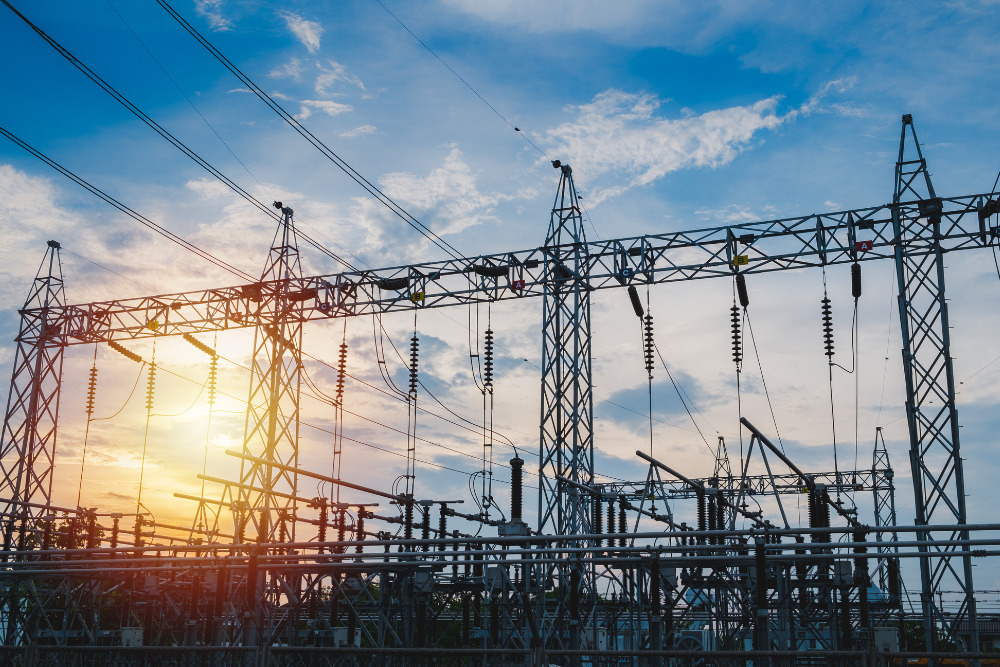
#11 Solar Panels Don't Produce Harmful Chemicals
Solar panels have no moving parts and don't require fluids to run or lubricate as in other machines. Therefore, there are no chemical wastes that harm the environment.
In addition, the panels don't require frequent cleaning. When they do need to be cleaned, warm soapy water and a gentle brush is all that's needed. This reduces the use of cleaning chemicals that harm the environment, especially when drained in rivers or other water sources.
